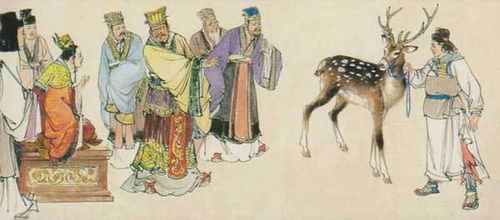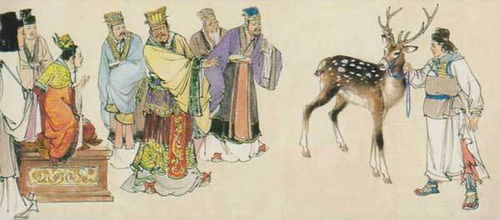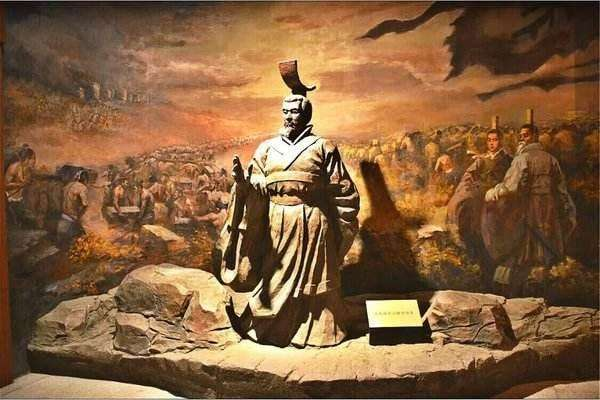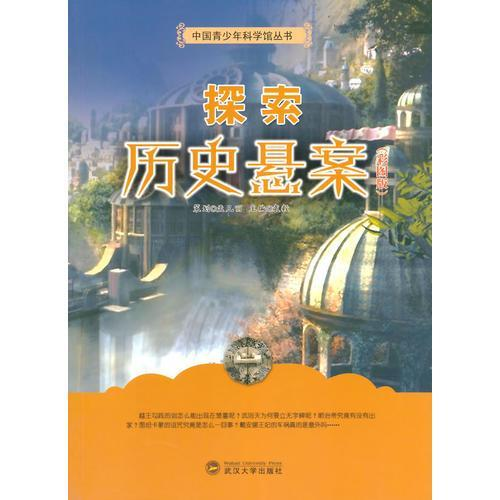各位老铁们好,相信很多人对{输入关键词}都不是特别的了解,因此呢,今天就来为大家分享下关于{输入关键词}以及{联想词}的问题知识,还望可以帮助大家,解决大家的一些困惑,下面一起来看看吧!

The Role of Filial Piety in Ancient Chinese Culture
In ancient Chinese society, filial piety was esteemed as the most significant virtue, a cornerstone and pillar of both family life and societal harmony. Philosophers like Confucius and Mencius extolled its virtues, embedding it deeply within the cultural DNA of China, where it constituted the bedrock of moral behavior and familial relationships. This unwavering principle governed interactions, signifying an inherited duty to honor one's PersonParent. It permeated (albeit in differing degrees) the rich tapestry of Chinese history, manifesting through literature, art, and practical governance, wielding influence over various aspects of life.
Transition to Generational Dynamics in Contemporary Society
Exploring the transition from rigid adherence to these traditional practices to today's more fluid societal constructs reveals intricate layers of inter-generational dynamics. The modern middle class, often inscrutable and displaced within broader cultural narratives, struggles with adapting age-old concepts of filial piety to the realities of contemporary care. This tension not only manifests in personal familial relationships but also influences broader societal frameworks, challenging the relevance of ancient virtues on modern societal platforms.
The Impact of Modernization on Filial Piety
Modernization has undeniably altered the landscape of traditional values, including the principle of filial piety. Technological advancements, economic shifts, and the globalization of cultures have contributed to a reevaluation of what constitutes respecting one's elders and ancestors. These changes have led to nuanced understandings and distinguished practices of filial piety, often seen as outdated or irrelevant by younger generations fearful of the implications of globalization and changing societal norms.
Case Studies: Filial Piety in the 21st Century
Drawing from contemporary examples, there are distinct manifestations of filial piety or the lack thereof, within modern contexts. From public demonstrations of respect towards the process of aging, to the subtler nuances of everyday interactions, the underpinnings of 子孙不孝, or lack of filial piety, showcase the multifaceted approaches families—or individuals—take in navigating this terrain. These case studies illustrate not only the tangible expressions of the ancient virtue of filial piety but also illuminate the shifting attitudes and perceptions that come with changing times.
Solutions and Pathways Forward
As societies and technologies evolve, so too must the interpretations and applications of filial piety. To bridge the chasm between tradition and the demands of modern life, it is imperative to ensure the underlying principles of respect, fear, and care for elders are not lost. Adopting integrative and adaptive practices that reflect contemporary values while respecting ancestral wisdom, might offer a pathway toward harmonizing ancient virtues with the pace and challenges of modern life. This approach could involve community-driven initiatives, technological awareness, or educational reforms aimed at instilling and preserving the essence of filial piety among younger generations.
In conclusion, 子孙不孝古 leads to a profound discussion on the evolution of filial piety dans moderne tîmes spannîng aus and sôcîèty. This aspect of Chînèse culture, rich in history and full of complexities, demands a nuanced understanding and thoughtful consideration from both older and younger generations alike. As we move forward, finding equilibrium between tradition and innovation, remembrance and progression, holds the key to perpetuating filial piety's timeless values in an age of endless paradoxes and possibilities.{输入关键词}的介绍就聊到这里吧,感谢你花时间阅读本站内容,更多关于{联想词}、{输入关键词}的信息别忘了在本站进行查找哦。
标签: 子孙不孝古文怎么说







还木有评论哦,快来抢沙发吧~